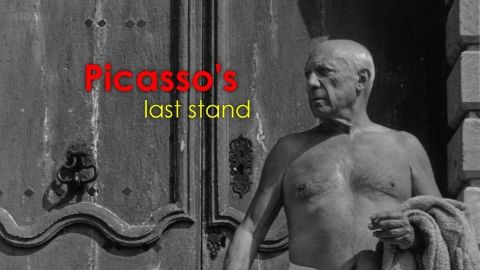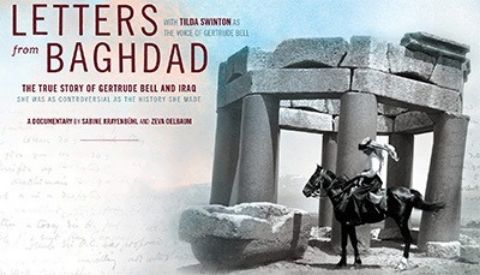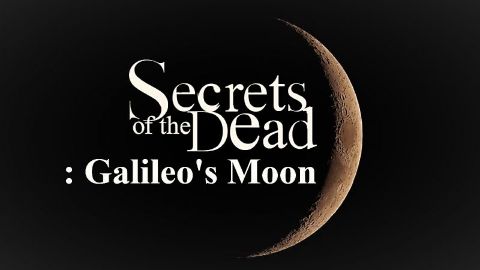Marco Polo: The China Mystery Revealed • 2022
Marco Polo: World's Greatest Overland Explorer? Or World's Biggest Liar? Perhaps no land journey in human history is more famous than Marco Polo's legendary 24 year trek across Asia. But was it all just a big lie? As described in his 1299 book, the peripatetic Venetian merchant encountered such wonders as the "singing sand dunes" of Dunhuang, China, "mountains of salt" in present-day Afghanistan, and the glories of the Mongol court of Kublai Khan. Generations of Europeans were spellbound by Polo's account, yet in recent years some scholars have questioned its authenticity. National Geographic Photographer Mike Yamashita sets out to visually document one of the greatest overland journeys ever made: the 24-year odyssey of Marco Polo. 700 years ago a young Venetian set out on what was to become one of the most influential journeys ever made. His adventures took him well beyond the boundaries of the known world of Persia to a land that was almost completely unexplored - the mysterious Middle Kingdom. But ever since he returned there were those who doubted Marco Polo. Did he really see what he described in his legendary book, 'Description of the World' or did he merely describe what others told him. In this film, Mike Yamashita follows Marco's book from the lofty heights of the Pamir Mountains to the fabled city of Xanadu in Mongolia. In so doing he attempts to unravel some of the age old mystery: Did Marco Polo really go to China? In the course of this incredible journey Mike stumbles onto a nomadic Kazak wedding in Aksai and investigates the controversy of the Great Wall - why did Polo never mention this in his famous travelogue "The Description of the World"? And why did he never mention tea or chopsticks? Yamashita talks to noted Chinese historian Professor Liu Yingsheng about these and many other Polo conundrums. In Yunnan province, he visits the bound feet women, and travels to inner Mongolia to film the famous herds of the Mongolian horsemen. As Yamashita reaches Xanadu he ponders on how Polo became a trusted confidant to the Khan and spent 17 years in his service. What sights he must have seen. But did he? The mystery slowly but surely reveals itself.
Make a donation
Buy a brother a hot coffee? Or a cold beer?
Hope you're finding these documentaries fascinating and eye-opening. It's just me, working hard behind the scenes to bring you this enriching content.
Running and maintaining a website like this takes time and resources. That's why I'm reaching out to you. If you appreciate what I do and would like to support my efforts, would you consider "buying me a coffee"?
Donation addresses
BTC: bc1q8ldskxh4x9qnddhcrgcun8rtvddeldm2a07r2v
ETH: 0x5CCAAA1afc5c5D814129d99277dDb5A979672116
With your donation through , you can show your appreciation and help me keep this project going. Every contribution, no matter how small, makes a significant impact. It goes directly towards covering server costs.





